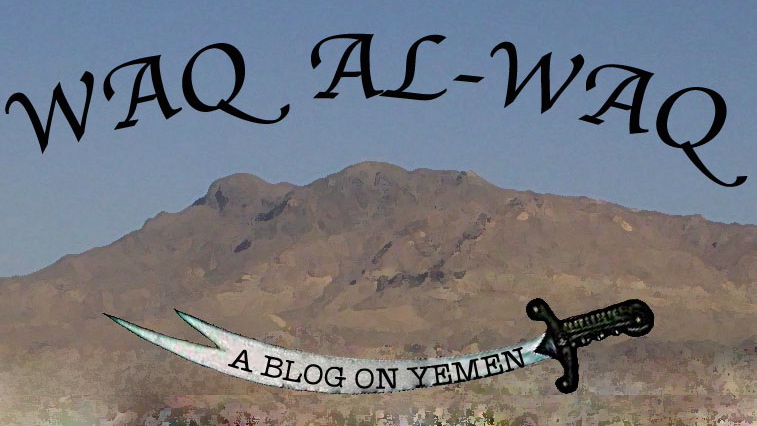Jihadis and Jalalabad
On February 19 we posted on Nasir al-Wahayshi’s speech here. At the time one of the things that most intrigued me – besides a specific term, I have already blogged about – was the individuals that he mentioned by name, asking “where are the descendants of Abu Tariq al-‘Irada, Abu ‘Ali al-Harithi, Abu Hasan al-Midhar, Salim al-Hadad and Abu Muslim al-Nihmi?”
Thanks to a bit more research, I have been able to identify the first and last individuals that he names. (The second and third were identified in the original post.)
It seems that Abu Tariq al-‘Irada was, as his name suggests, from the ‘Irada clan of the ‘Abidah tribe in Marib. He was killed in Afghanistan, as I originally wrote, but he was killed in 1989 not after 2001. Both he and Abu Muslim al-Nihmi were killed in the Siege of Jalalabad.
‘Issam Diraz, the Egyptian filmmaker and writer, has a great deal on Abu Tariq in his books on the Arabs in Afghanistan during the 1980s. It seems that Abu Tariq was more than 60 when he first heard about the jihad in Afghanistan, but this didn’t stop him from leaving his children and grandchildren to go and fight.
Diraz actually traveled from Pakistan to Afghanistan in the back of an ambulance with both Abu Tariq and bin Laden. The two relaxed by singing jihadi hymns, while he videotaped them, at least according to Diraz’s account.
I think the presence of these earlier names in al-Wahayshi’s speech does a couple of things. First it shows how al-Wahayshi is linking his current struggle (which some disagree with) to the former struggle, which was universally supported. Also, it give his message a bit more depth. The message from al-Wahayshi to the tribes, then, is clear: Your fathers and grandfathers fought tyranny and oppression in Muslim lands, so why are you silent in the face of this injustice?
It is also another example of how personal ties and memories link many in the jihadi community, and that those memories carry with them bonds of loyalty.




